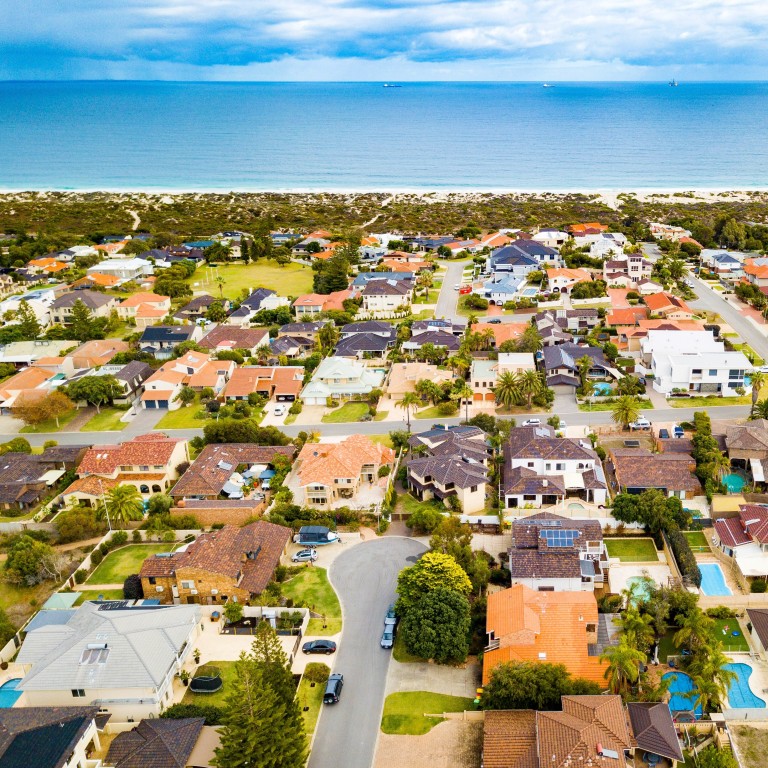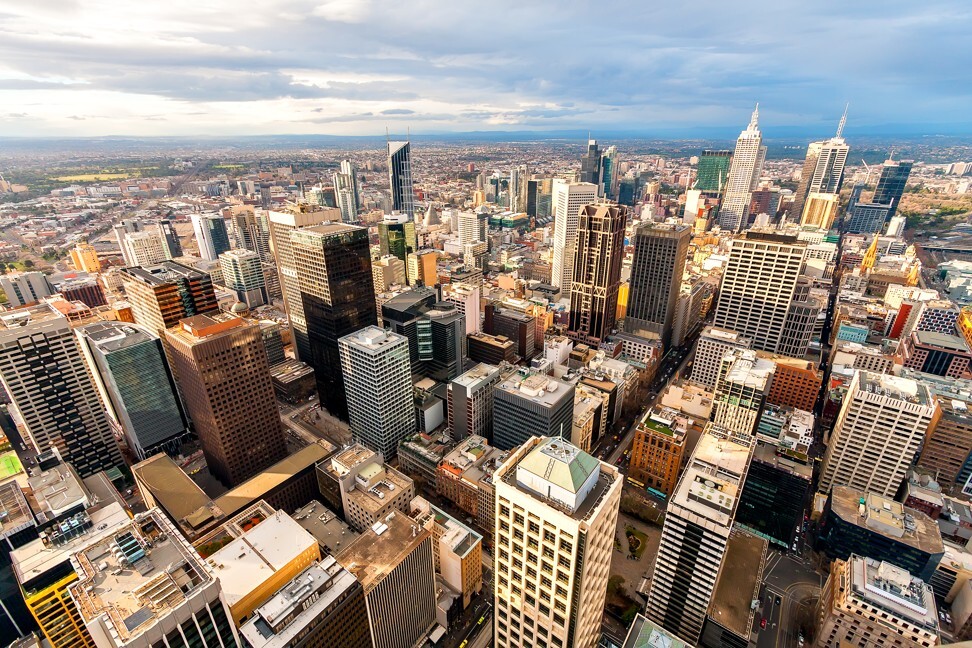
China-Australia relations: tax rebates, entreaties by Australian states fall on deaf ears as Chinese home buyers await a thaw in ties
- Western Australia is offering 75 per cent tax rebate of up to A$50,000 on the duty payable on off-the-plan residences valued at up to A$1.5 million until October 23 this year
- In Victoria state, rebates of up to A$27,500 are available under a land transfer duty waiver scheme for purchases of homes with a dutiable value of up to A$1 million
The Chinese were the biggest foreign buyers of Australian real estate from 2015 through 2018. Their inquiries for homes in major Australian cities have fallen by half compared with a year earlier, said Juwai IQI Group, a Kuala Lumpur-based real estate group that specialises in serving China’s clientele.
“There is undoubtedly a lot of uncertainty for Chinese investments in Australia, [before] easing of the political tension between the two nations,” said Sydney Ma, director and general manager of developer Top Spring Australia. “The current FIRB policy reflecting the latest China-Australia tension creates a series of disadvantages for such overseas investors.”

The Australian government hasn’t been doing anything to lure Chinese buyers back, real estate executives said, adding that the introduction of application fees and double stamp duty in the states of Victoria and New South Wales – where the two largest Australian cities Melbourne and Sydney are located – have further discouraged Chinese investments.
On the other side, China’s foreign exchange watchdog regulator had stepped up the enforcement of limits in outward currency remittances to stem potential capital flight even before the current coronavirus pandemic had sent business and investment activities into a slump.
Investors – both domestic and international – made up less than 30 per cent of the total value of Australia’s home lending in 2020. Four years earlier they accounted for half of all mortgages, according to Top Spring Australia.
Chinese developers, especially those backed by state-owned enterprises, have not bought any major property assets in Australia recently, other than around the Western Sydney Airport, said Harry Zhang, an associate at law firm HFW Australia.
Several Australian states are rolling out the red carpet to attract foreign investors. Western Australia is offering 75 per cent tax rebate of up to A$50,000 on the duty payable on off-the-plan residences valued at up to A$1.5 million. The offer, announced in October 2019, lasts until October 23 this year.
In Victoria state, rebates of up to A$27,500 are available under a land transfer duty waiver scheme for purchases of homes with a dutiable value of up to A$1 million. The offer ends on July 1.
Mainland China’s tariffs may see cheaper Australian wines destined for Hong Kong after Lunar New Year, merchants say
Souring relations between Beijing and Canberra have sapped the enthusiasm of Chinese investors, making them more cautious and pessimistic about their prospects of investing in Australia, CLSA said in a report.
“Certainly, the recent breakdown in relations between Australia and China does not bode well,” a team led by CLSA’s Australia property analyst James Druce wrote.
The chill in relations spilled over to diplomacy and people-to-people exchanges, with both countries warning citizens about travelling to the other country.
The combination of the incentives with the prospect of a recalibration in China-Australia relations following the inauguration of a new occupant in the White House could usher in changes. Juwai IQI remains upbeat about the market’s outlook.
“We believe that the real turning point will be around mid-2021,” said Georg Chmiel, Juwai-IQI’s co-founder and executive chairman. “That’s when we will go from a falling tide to a rising tide.”

